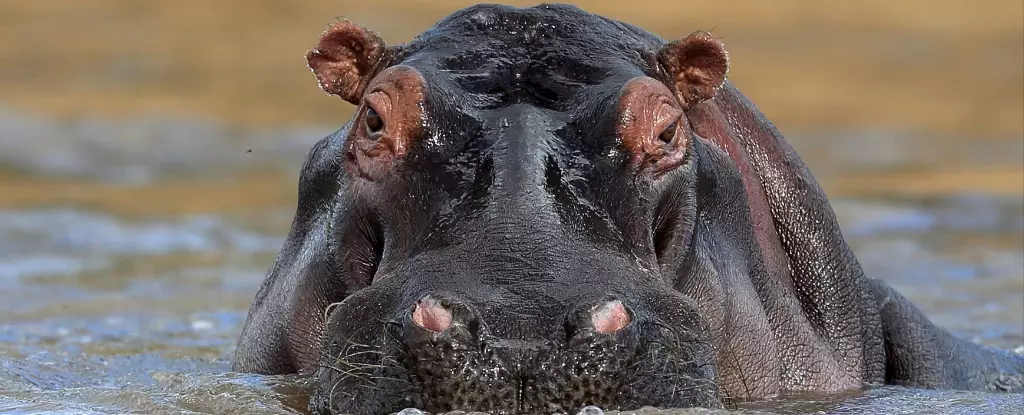The recent devastation resulting from anthrax poisoning has plunged the Virunga National Park into mourning, claiming the lives of nearly 50 hippos. This tragic event not only highlights the fragility of wildlife in the region but starkly reveals the dire consequences of environmental neglect and the dangerous intersection of poverty and biodiversity. The hippos, which were discovered floating lifelessly in a river south of Lake Edward, serve as a haunting reminder of a crisis that extends beyond mere wildlife loss; it is a testament to the ongoing struggle for survival in one of Africa’s most biodiverse yet conflict-ridden locales.
Understanding the Bacterium Behind the Tragedy
At the heart of this crisis lies the notorious Bacillus anthracis, a resilient bacterium capable of lying dormant for decades. Its presence in the soil poses a direct threat not only to wildlife but also to local human populations and livestock. The Congolese Institute for Nature Conservation’s warnings about avoiding bushmeat are not merely precautionary; they underscore the perilous reality that local communities face, often heavily reliant on wildlife for sustenance. The lurking danger of zoonotic disease transmission looms large, particularly in a region where healthcare access is limited and public health education may not reach everyone.
A Wildlife Sanctuary Under Siege
Virunga National Park, established in 1925 as Africa’s oldest national park, stands as a beacon of hope for wildlife conservation amid persistent turmoil. However, the park’s rich biodiversity has continually been jeopardized by political instability and armed conflict over the last 30 years. The loss of hippos due to anthrax is not just a tragic endpoint; it emphasizes a cyclical devastation spurred by human-induced factors such as habitat destruction, poaching, and neglect of public health frameworks. Each event underscores a capacity for crisis that the park, and indeed the broader region, cannot afford.
Communities at the Crossroads of Nature and Survival
In the backdrop of this ecological disaster, there’s an urgent need for both awareness and action within local communities. The hippos are not only vital for the ecosystem’s health but also hold significance in local culture and economy. As the Congolese side of this tragedy unfolds, we must recognize that the fight for wildlife conservation is inextricably linked with human rights. Sustainable practices and stronger health infrastructures must be championed to protect both species at risk while empowering communities.
As we grapple with this crisis, what becomes clear is that inaction in one area breeds consequences in another. The plight of the hippos serves as a chilling wake-up call; we have the responsibility to confront the systems that contribute to such heartbreaking losses, advocating not just for wildlife but for humane, equitable solutions that uphold the rights of both nature and the people who coexist with it.

Leave a Reply